Lorsque viendra le printemps
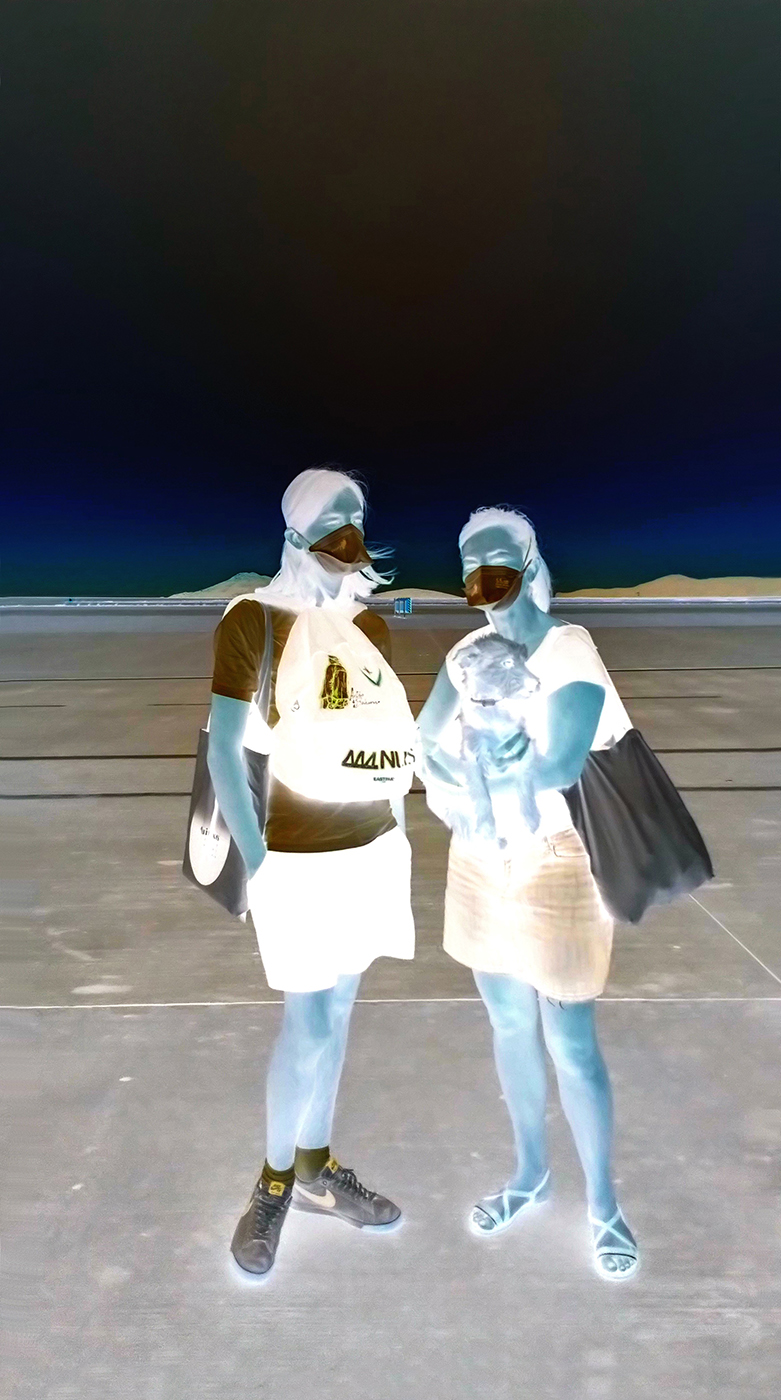
Lorsque viendra le printemps
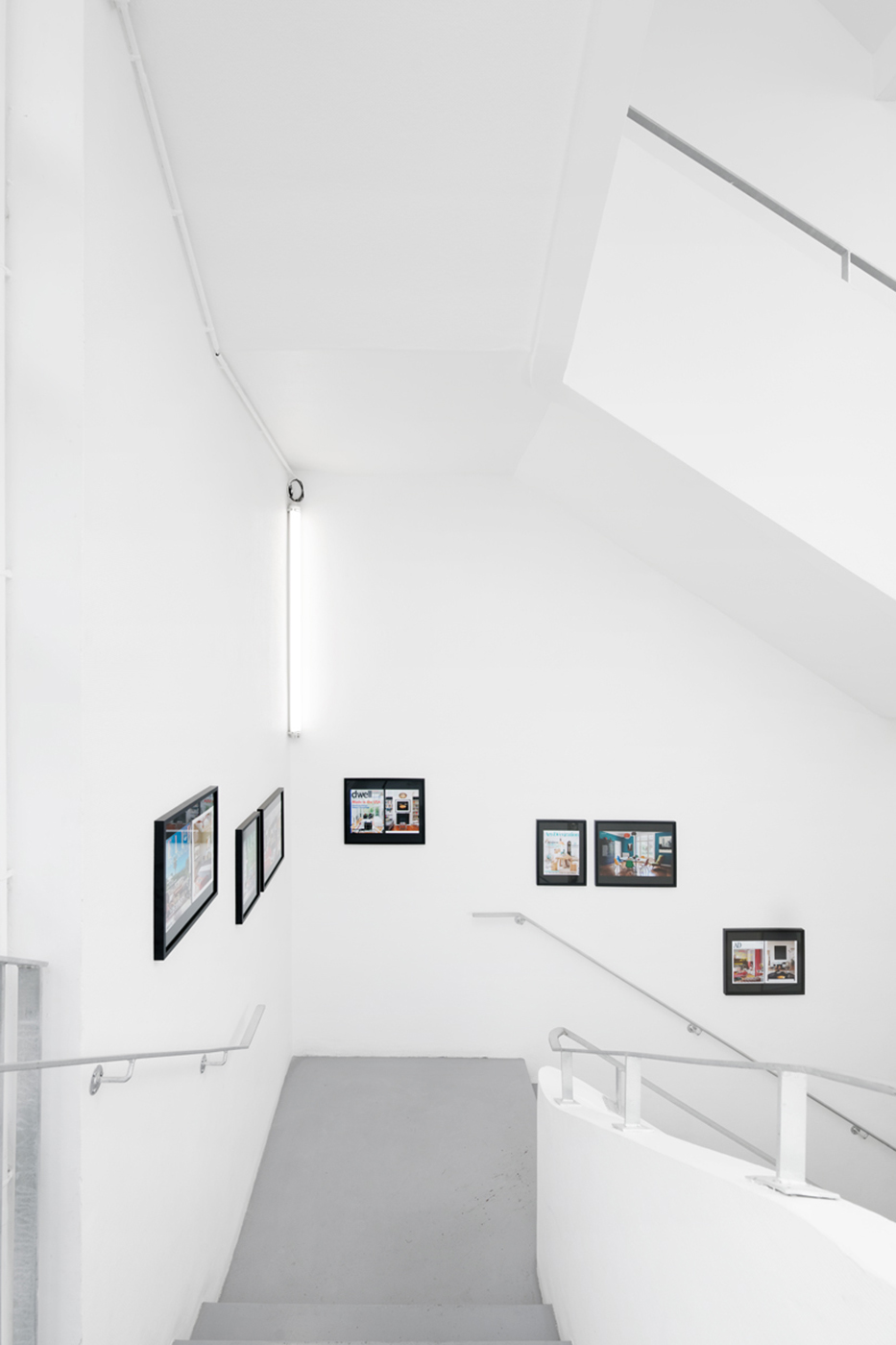
Lorsque viendra le printemps
Exhibition view
28.11.2020 - 01.2021
Galerie In Situ - fabienne leclerc, Grand Paris
© Aurélien Mole
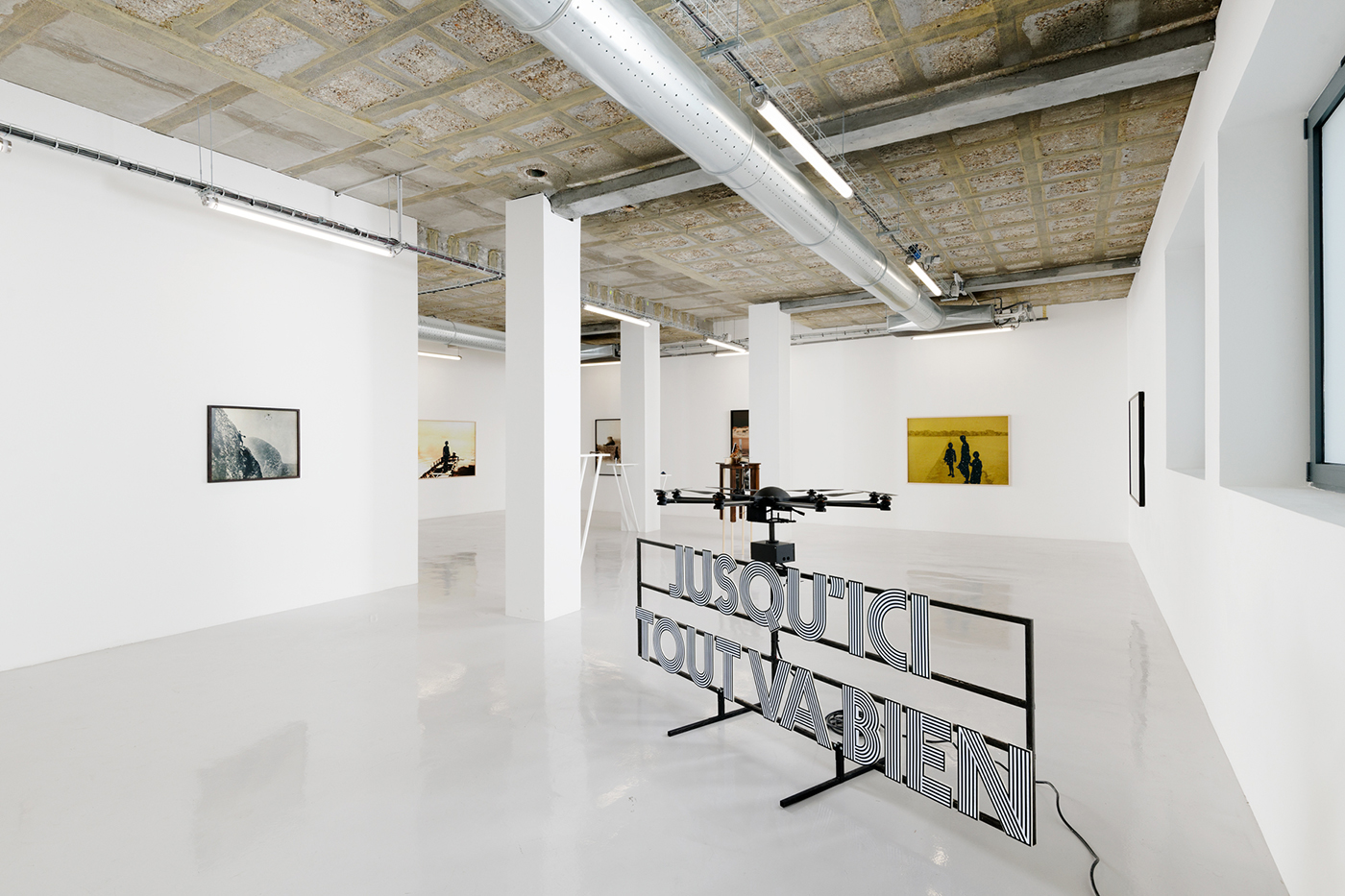
Lorsque viendra le printemps
Exhibition view
28.11.2020 - 01.2021
Galerie In Situ - fabienne leclerc, Grand Paris
© Aurélien Mole
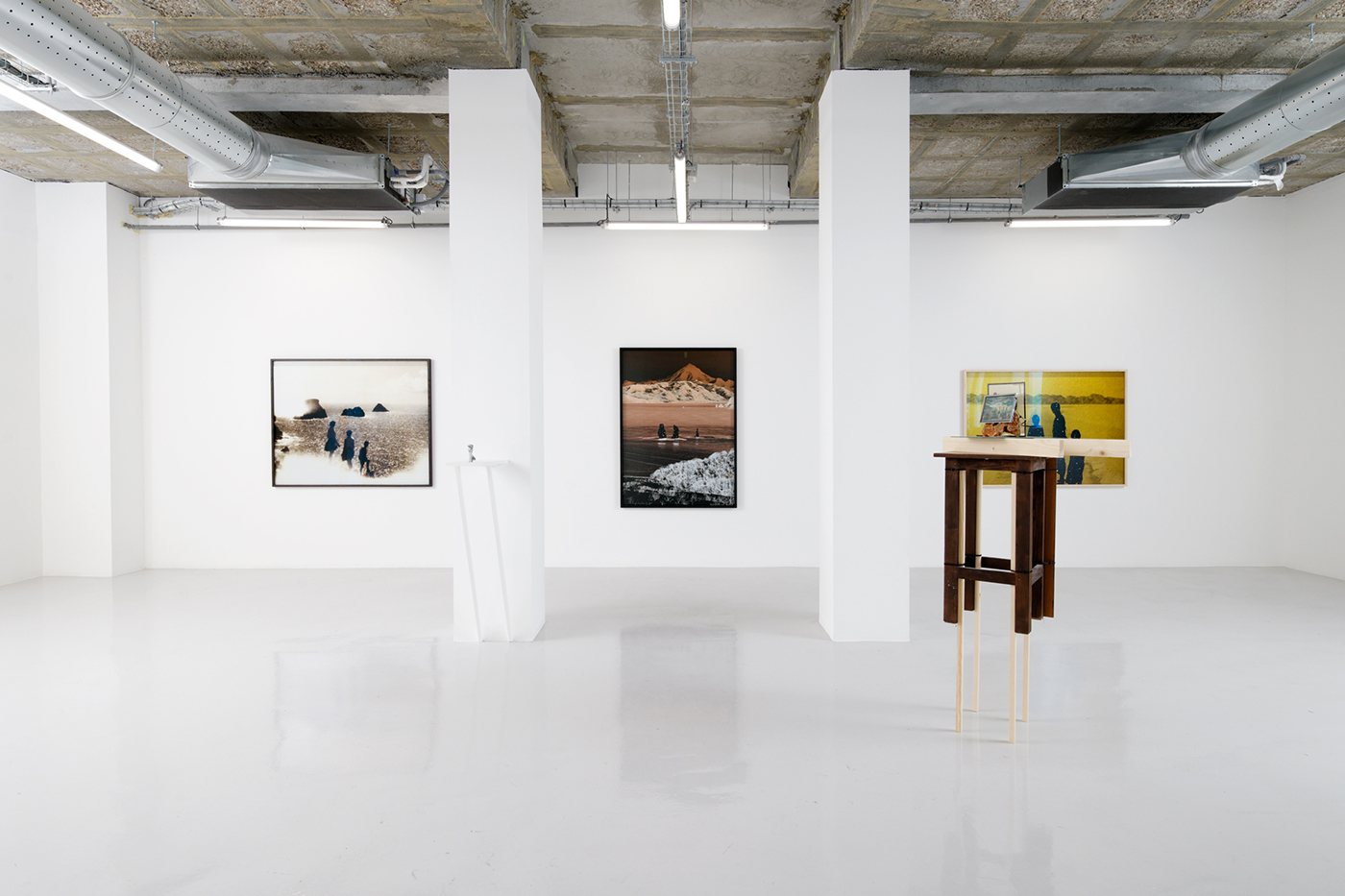
Lorsque viendra le printemps
Exhibition view
28.11.2020 - 01.2021
Galerie In Situ - fabienne leclerc, Grand Paris
© Aurélien Mole
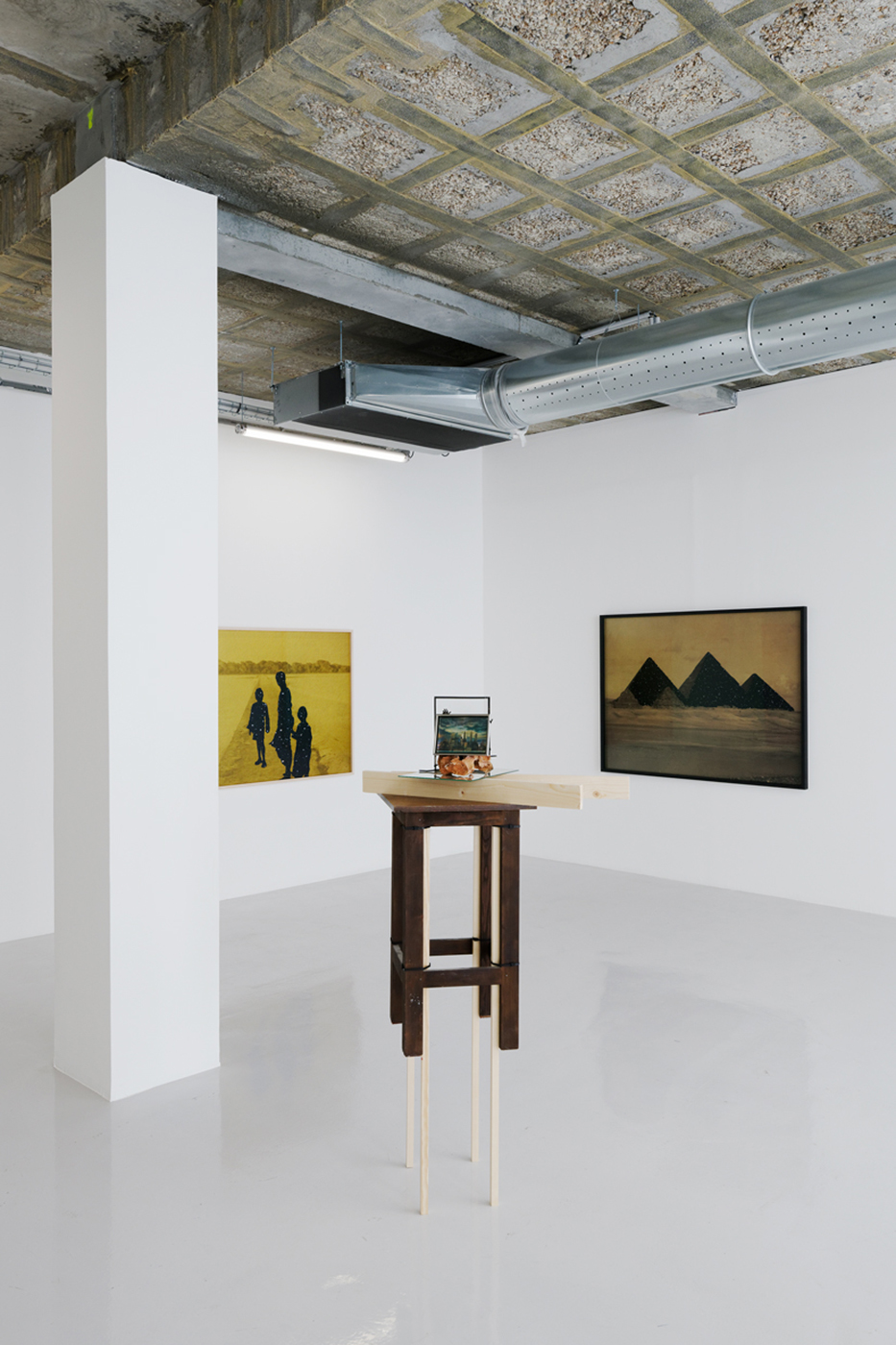
Lorsque viendra le printemps
Exhibition view
28.11.2020 - 01.2021
Galerie In Situ - fabienne leclerc, Grand Paris
© Aurélien Mole
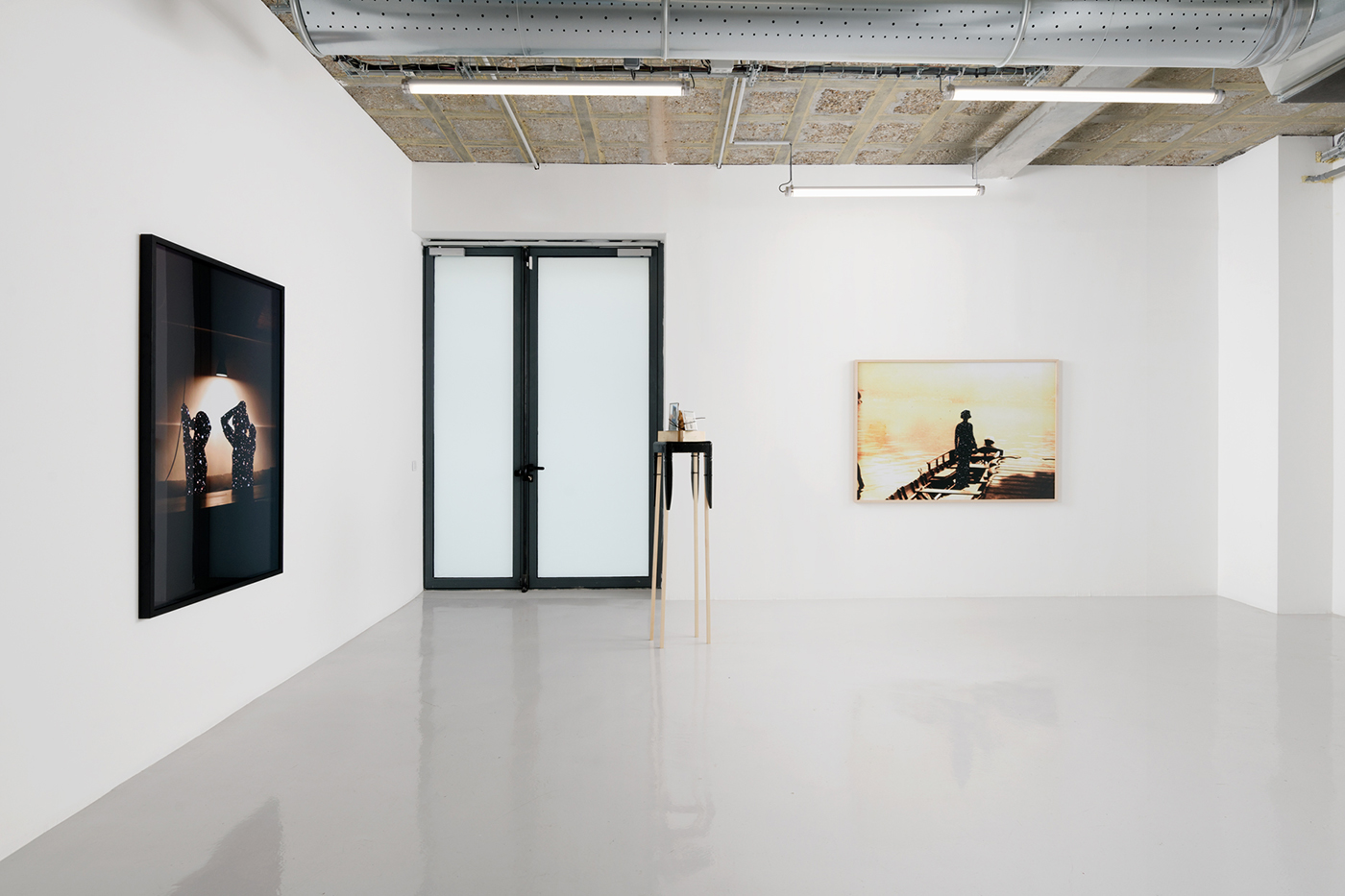
Lorsque viendra le printemps
Exhibition view
28.11.2020 - 01.2021
Galerie In Situ - fabienne leclerc, Grand Paris
© Aurélien Mole
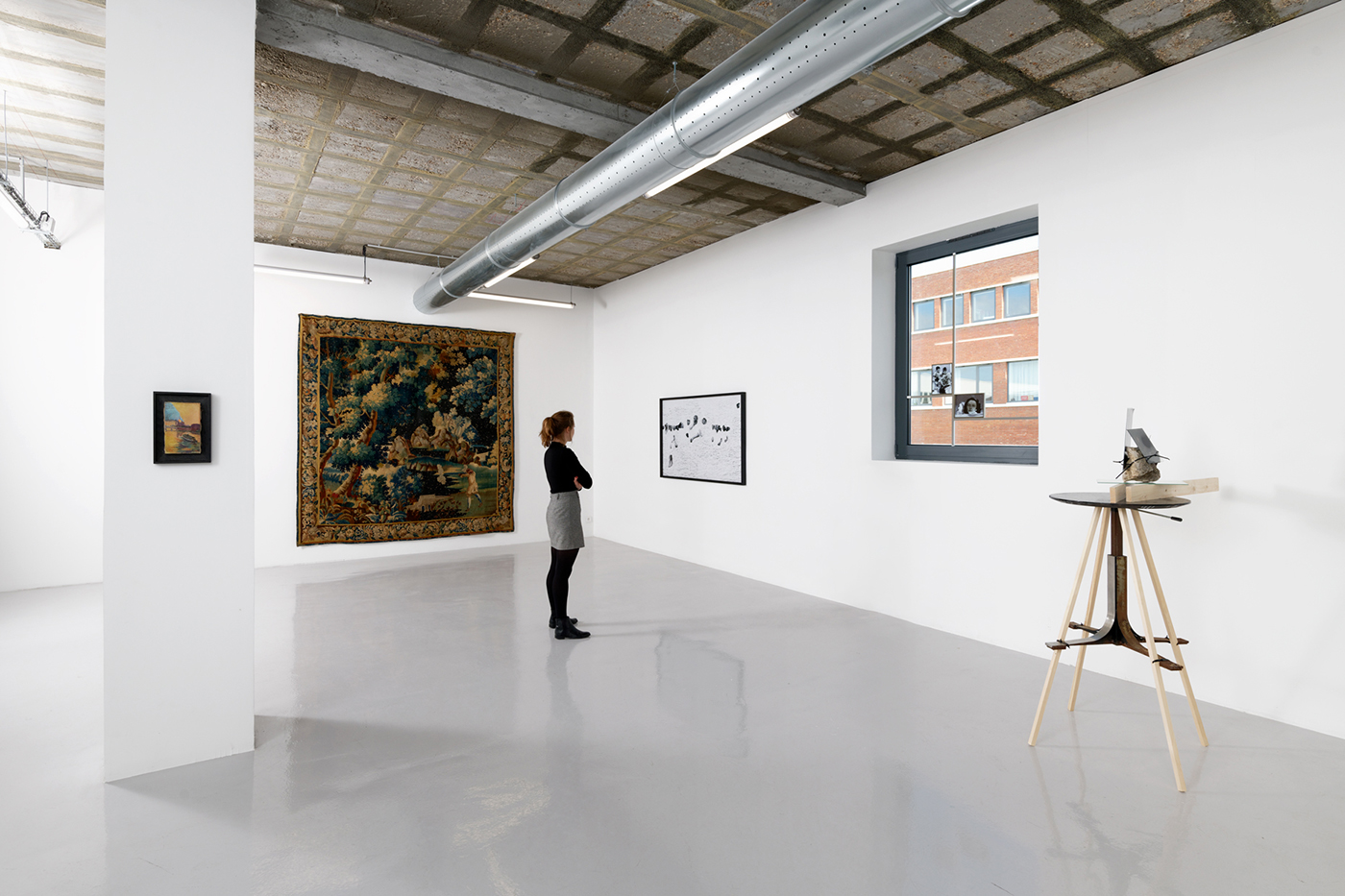
Lorsque viendra le printemps
Exhibition view
28.11.2020 - 01.2021
Galerie In Situ - fabienne leclerc, Grand Paris
© Aurélien Mole
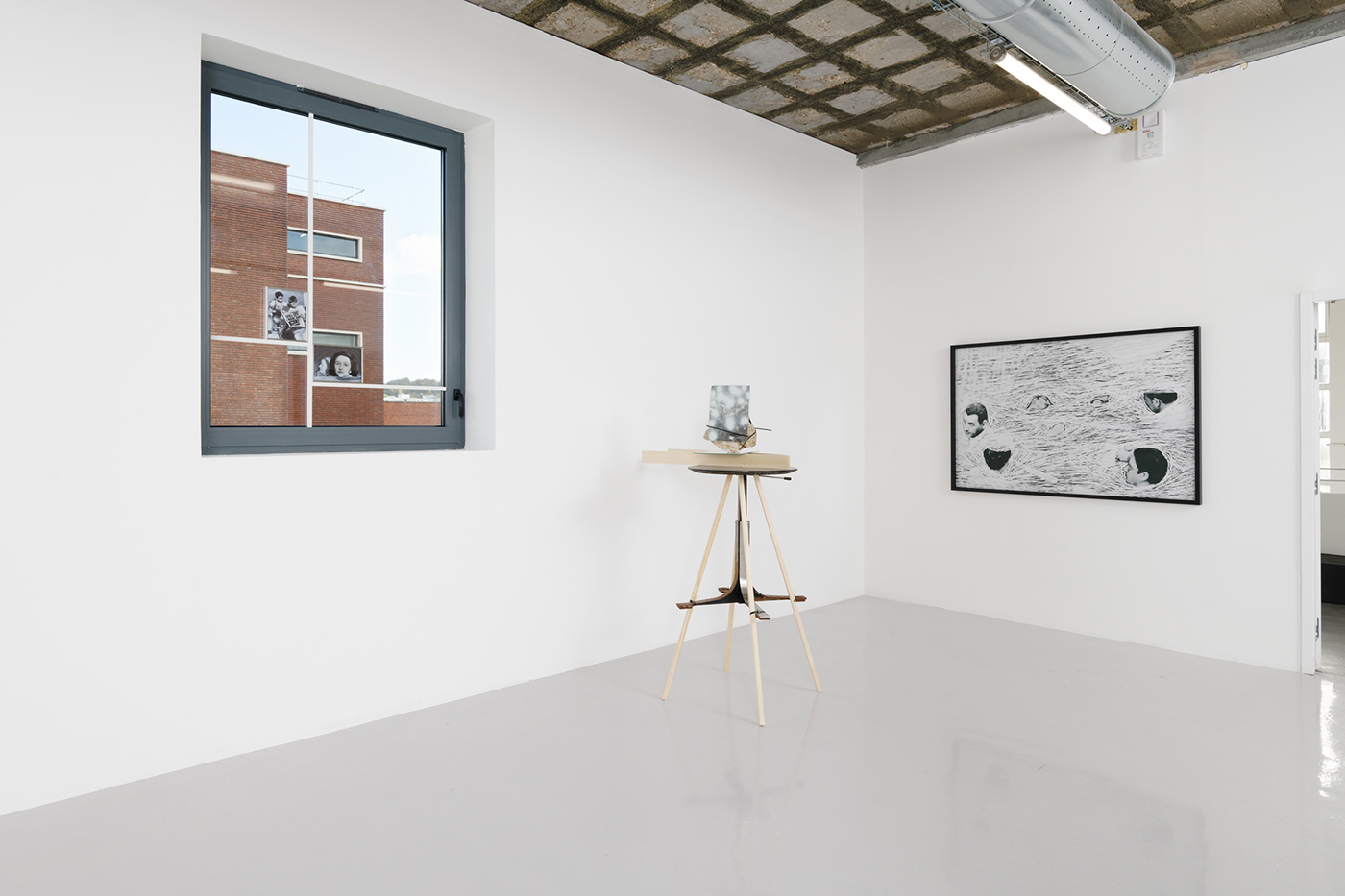
Lorsque viendra le printemps
Exhibition view
28.11.2020 - 01.2021
Galerie In Situ - fabienne leclerc, Grand Paris
© Aurélien Mole
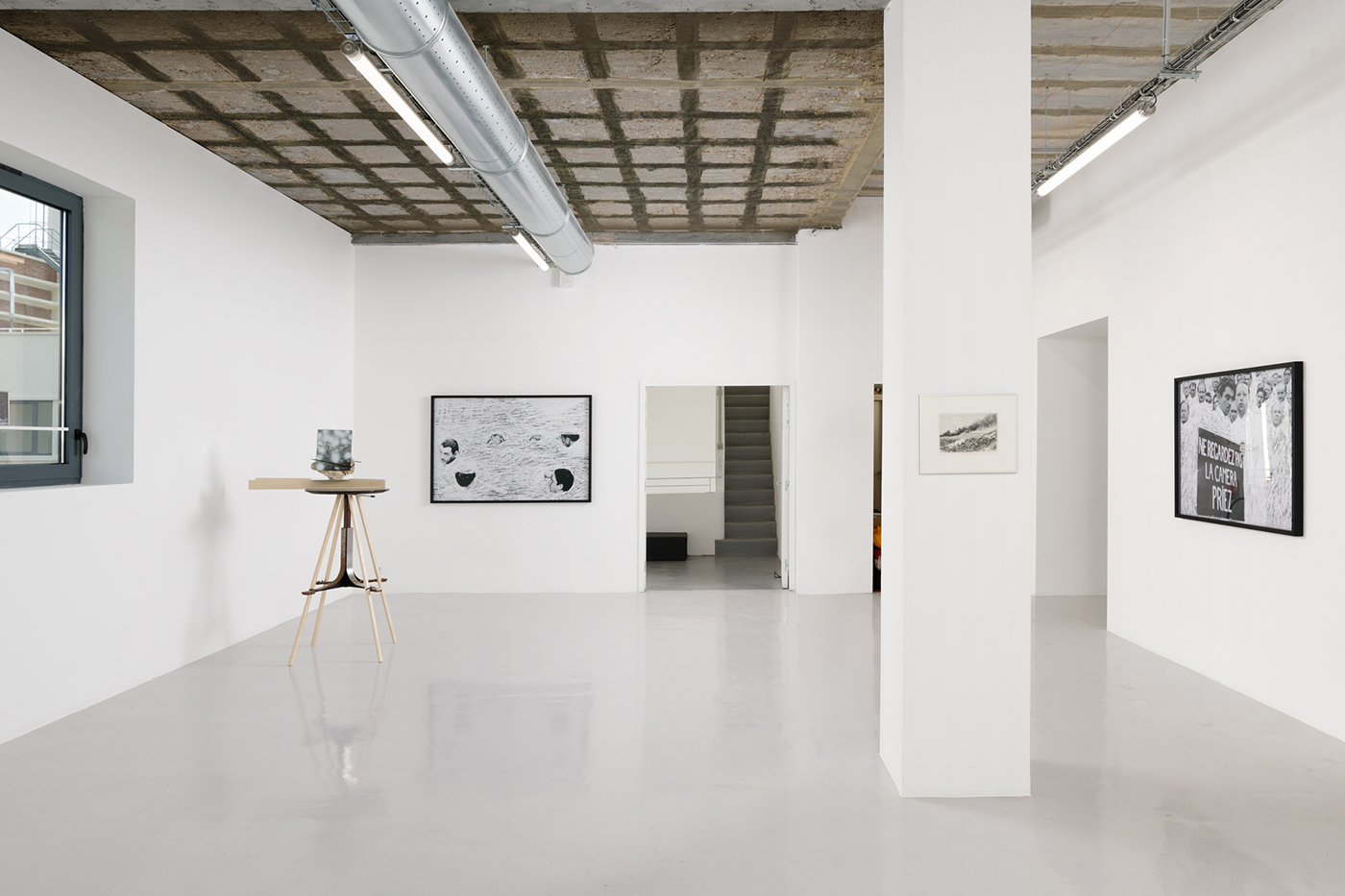
Lorsque viendra le printemps
Exhibition view
28.11.2020 - 01.2021
Galerie In Situ - fabienne leclerc, Grand Paris
© Aurélien Mole
Turn the lights off in the city, show the moment before the disaster, and stress the presence of familiar faces that are absent, these are a few of the gestures that Renaud Auguste-Dormeuil has used over the last few years? His work has always abounded in phantoms, death images and attempts at re-enchantments. It was difficult to imagine, the first time that we spoke about this exhibition, at a table in a crowded café, and even if we were all wearing masks, that the days that followed would once again present us with the silent mark of confinement, and that this title, in the form of an invocation, ?Lorsque viendra le printemps? (?When spring comes?), would resonate so much with the present. These words were taken from Fernando Pessoa in The Keeper of Sheep. The text that follows probably provides us with even more meaning to help shed light on his research: ?If I am already dead/the flowers will bloom in the same manner/and the trees will not be less green/than in the last spring/reality has no need of me.? And the poems ends as follows: ?I like everything to be real and everything to be precise.? Isn?t art an ideal?
In the stairwell?
The exhibition was to open on November 8, and will perhaps remain for a certain time itself in a phantom state. Spaces full of absences welcome the visitors on the different floors in the gallery?s immaculate stairwell. With a certain lightheartedness, like a kind of fake press review, old press clippings are hung as the staircase rises, taken from Elle, AD, Ideat and even Paris Match, in which Renaud Auguste-Dormeuil?s works appear in the deserted and neat apartments of collectors: they are sometimes recent works, like Jusqu?ici tout va bien (?Until now everything is going well?) or works to come that have been grafted at the homes of collectors whom he does not know. Between megalomania and self-mockery, a shift from one reality to another, the name of the series is ?Tu vaux mieux que ça? (?You?re worth more than that?).
Next, a silent murmur pervades these transient spaces: words are written on placards that Renaud Auguste-Dormeuil addresses to the powerful of this world. ?Bande à part? (?Band of outsiders?), ?La réalité n?a pas besoin de moi? (?Reality doesn?t need me?), ?Don?t ask?? these slogans reflect an interior quest more than political demands heard in protest marches. During a performance that will be held when the exhibition opens, these placards, which are titled ?Do you hear us now??, will be held outside the building, covering the large windows, in order to block the view of the real world, a way as well to have the visitors return to the stage on which the exhibition invites them.
On the first floor?
It?s urgent, but which kind of urgent? 5 mn pour rassembler l?essential (?Five minutes to bring together the essential.? This video was made in 1996, but it could not be further from today?s reality. In these image, one must leave. Today, the government asks us to stay home. But the choice of the essential is raised in more or less the same way. It is the type of ambiguity that Renaud Auguste-Dormeuil particularly likes, images in which emotions, politics and the real are blended.
It is moreover a static journey to which the sculpture Spin Off invites us. The work is composed of a drone carrying a neon sign: ?Jusqu?ici tout va bien.? Certain flying works of this series said ?Je me fous du passé? (?I don?t give a damn about the past?) or ?Le ciel attendra? (?Heaven can wait?). The drone is a surveillance object that has lost its raison d?être, an invitation to discover invisible spaces.
The images of the ?Tourbillon de la vie? (?Whirlwind of life?) appear in the background: Renaud Auguste-Dormeuil uses intimate images, not of interiors shown in magazines, but family photos in which he cut out the human silhouettes with a scalpel and then filled them with star-studded skies. Does he transform his characters into phantoms or apparitions? Since the series ?The Day Before,? revealed at the Palais de Tokyo in 2006, and his performances titled ?I Will Keep A Light Burning,? these star-studded skies are in a way his signature, skies before the disaster, meaningful skies, in general without us being aware of it. This series, one of whose first images was used as an invitation card for the exhibition at the Mac/Val in 2015, ?Include Me Out,? and which has regularly been continued since, is shown for the first time in its totality.
Other phantoms spring forth with the new sculpture titled ?Demain est annulé? (?Tomorrow is canceled?). They are constructions with a fragile balance, impossible edifices, assemblages of heteroclite elements, connected to each other by flex cuffs, those plastic ties that the police employ today as single-use handcuffs for arrests. During the first confinement, in the spring, in a forest in the south of France, Renaud Auguste-Dormeuil picked up ?hole stones,? drilled like dark labyrinths by mollusks during the Jurassic period, ?pholadidae? ? it is perhaps also for their name that he chose them! He put mirrors on these stones that dig a drilling line, from the subsoil to the sky, and that reflected the images set on the stones. All of them come from the artist?s archives, not necessarily readable, not necessarily able to be elucidated: rather them reveal them, he seems to get rid of them. These small groups, almost cabins, are arranged on recuperated tables of various heights, sideboards or bedside tables, highlighted by pieces of pale-colored wood. They are also, perhaps, his first self-portraits.
Perched on small shelves, almost like spirits that float over the exhibition, the ?Stills? are new drillings in the heart of time. What odd objects? After the shutdown of the Ford factories in Detroit, Renaud Auguste-Dormeuil bought fragments of car paint, probably scraped up from the floor of the workshops, from former autoworkers. He transformed these scraps into precious objects, like carved wood whose streaks, accumulations and mixtures of colors he reveals.
On the second floor?
Another journey through time, the film Printemps volé (?Stolen spring?) is a tribute to François Truffaut and his Stolen Kisses ? we are reminded of Antoine Doinel endlessly repeating his name in front of a mirror. ?Confinement! Deconfinement!? Renaud-Auguste Dormeuil, his wife and two of their children say in a similar scene, but which takes on a very much more prison-like dimension in the current context ? it was commissioned by the Mac/Val, which wanted to invite virtual visitors to enter the artists? studios.
Curiously echoing with today, one of the last works of the exhibition is, according to Renaud Auguste-Dormeuil himself, like the main theme: Hope It Was Worth It. It is a 16th-century tapestry, a possession that was always considered a preciosity, and whose natural state of evolution was cut short. In this hunting scene, the parts of the landscape corresponding to the sky were colored and painted with the images of the heavens during the day when the first victim of the plague in London had been recorded ? an event that is probably more or less contemporaneous with this tapestry. With ambiguous poetry, between tenderness, enchantment and brutality, Renaud Auguste-Dormeuil slips a political load into a scene of entertainment through his gesture. ?It is a way to deactivate an object and to reactivate it in another way. Politicians invent fantasies and artists reinject the real into politicians? fantasies,? he says.
?Le Silence va plus vite à reculons? (?Silence goes faster backwards?) is a sort of matching piece to this work. This series takes its title from a text by Jean Cocteau: it is composed of press clippings presenting historical events, most of the time violent ones. Only the faces emerge from completely streaked, scratched scenes broken up with a needle. Only the humans remain. ?I go to the minor story by evacuating the major one,? he says. And the threat continues to resonate in a last series that is just beginning, ?D?après nature? (?After nature?), a small painting of Notre-Dame and an engraving of the city of Rouen, both found at flea markets, on the surface of which were added the exact plumes of smoke caused by the fire in the Paris cathedral on April 15, 2019 and those of the Lubrizol factory explosion on September 26 of that same year. We could say that the present is superimposed on the past. Do these images exist?
Anaël Pigeat